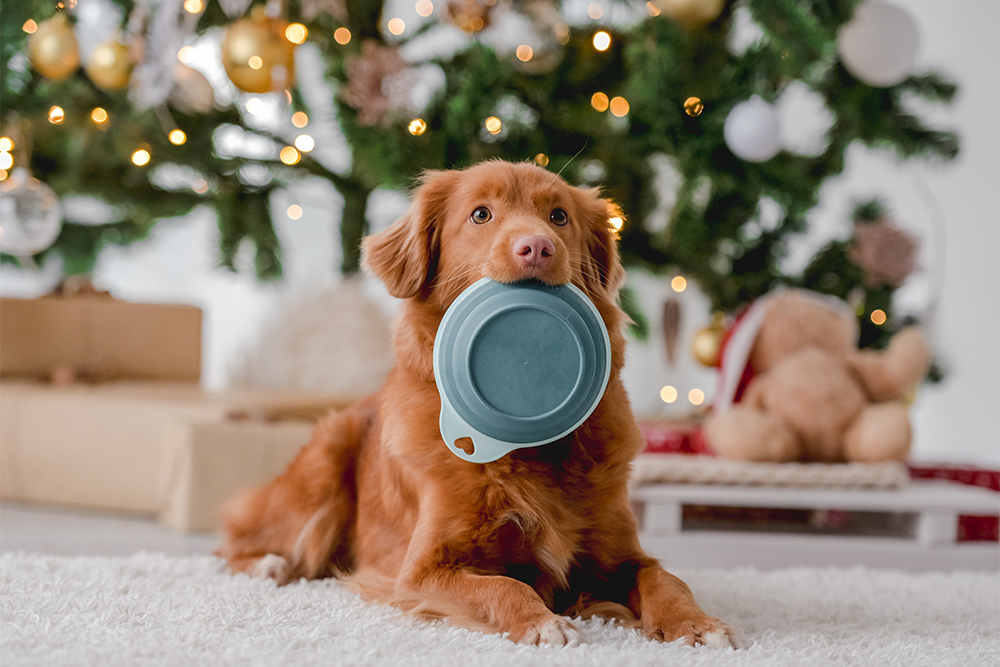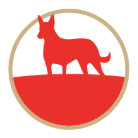We all love our fur babies and want to provide them with the best nutrition to keep them in excellent shape and condition. When it comes to portion size of the main meal and the occasional treats during the days, it’s easy to lose track of their calorie intake. Like humans, dogs have similar health risk associated with overfeeding. According to RSPCA, the most common problem caused by overfeeding causes obesity in dogs. A recent study by RSPCA shows that around 41% dogs in Australia are classified as overweight or obese. Overfeeding may also result in higher intake of vitamins and minerals in the pet food resulting other health concerns. The vitamins and minerals in a pet food is carefully balanced to meet the daily requirement of your dog, therefore following a feeding guide is important.
What are other signs that you’re overfeeding your dog?
Unfortunately, it’s not always obvious to tell that your dog is being overfed until you meet another person’s dog of similar breed. Some of the signs that they are being overfed are lack of energy, not their usual self on walks, unfinished food in the bowl and sometimes loose stool.
What is the right portion size?
The easiest way is to find out is to look for the feeding guide listed on pet food bag. Every dog food has different energy density so be sure to check the feeding guide during any transition of diet. The feeding guide will be categories based on the dog weight and if your dog lives an active or inactive lifestyle. If you are feeding dry pet food use a standard cup measurement to make it easier. As much as everyone loves giving treats as a reward or a way to bond with them, be sure to limit the daily treats or adjust the main meal accordingly based on the treats given through the day. As always consult your vet during your visit to confirm the portion size.
Christmas time
As we near Christmas, it’s a season of joy and family time for everyone. While it’s a time for us to indulge in amazing food, there are a few foods that are not safe for our fur babies.
Chocolate
This is quite common and we are generally aware of it. Chocolates contain a chemical compound called Theobriomine, if ingested by our fur babies, it can cause vomiting, diarrhea, seizure and abnormal heartbeat.
Raisins and Grapes
Used in our favourite Christmas cakes. This can cause vomiting and sometimes kidney failure.
Onions
It’s one of the most used ingredients in our kitchen and barbeque, if eaten in excess it can cause anaemia. Some of the immediate symptoms can be lethargy and gastrointestinal upset.
Cooked Bones
As kids, we grew up seeing cartoons where dogs are chewing on bones. Yes, raw bones are healthy for dogs to maintain their dental health and to occupy fur babies for hours. Unfortunately, it cannot be said the same for cooked bones. Cooked bones can splinter and cause internal injuries.
Christmas Ham
Our favourite Christmas ham is unfortunately high in salt for our pets, it can cause diarrhea and vomiting.
Alcohol
This one is obvious like the chocolates, even a small amount can cause toxicity in our pets and some of the symptoms are vomiting and difficulty breathing.
As we prepare to unwind with our family and friends, continue to have a close eye on fur babies. Make sure some of the ingredients discussed above are kept away from the reach of your pets. Always make sure guests are also aware of such ingredients so that everyone can have a safe and exciting time.

For more information or to arrange a personalised consultation with a canine nutrition specialist, call the Ridley Customer Service Centre on 1300 666 657 or email us here.
By Jay Jayabalan, Canine Nutritionist – Ridley

